How does AI content assistance impact SEO and content marketing?
AI-powered tools are revolutionising the way marketers approach SEO and content marketing. With the …
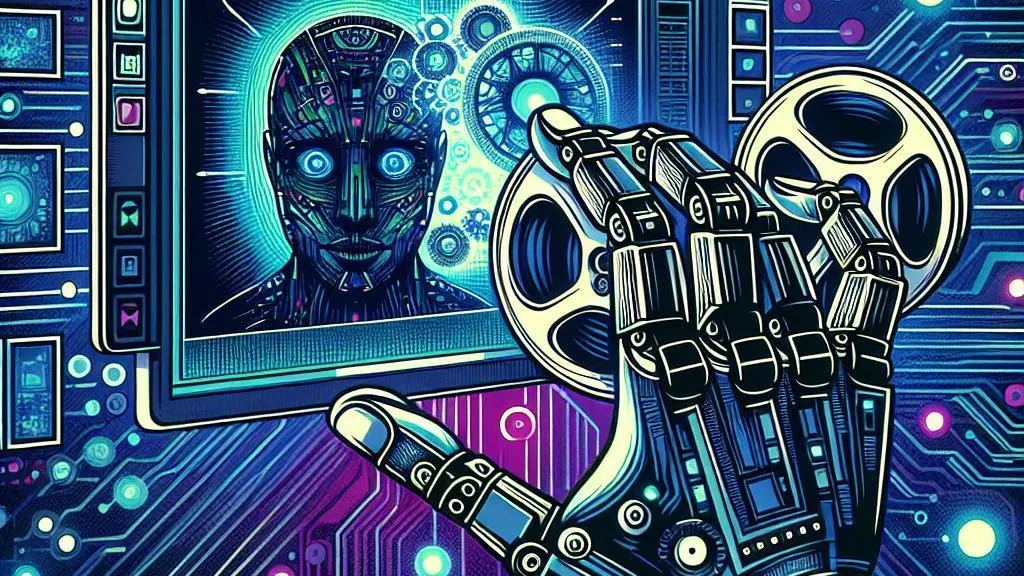
In recent months, generative AI's capabilities have surged, particularly in video creation. From transforming descriptions into functional videos to animating still images, AI has opened new frontiers for content creators. This blog explores the exciting advancements in AI-driven video production, its ethical implications, and potential future developments that could revolutionize the industry.
Over the past six months, we've witnessed a proliferation of AI services capable of generating video content. These technologies can convert textual descriptions into videos or animate static images, creating dynamic and engaging content with minimal human intervention. Platforms such as RunwayML, Hyper, and OpusClip are at the forefront of this innovation, pushing the boundaries of what is possible with AI.
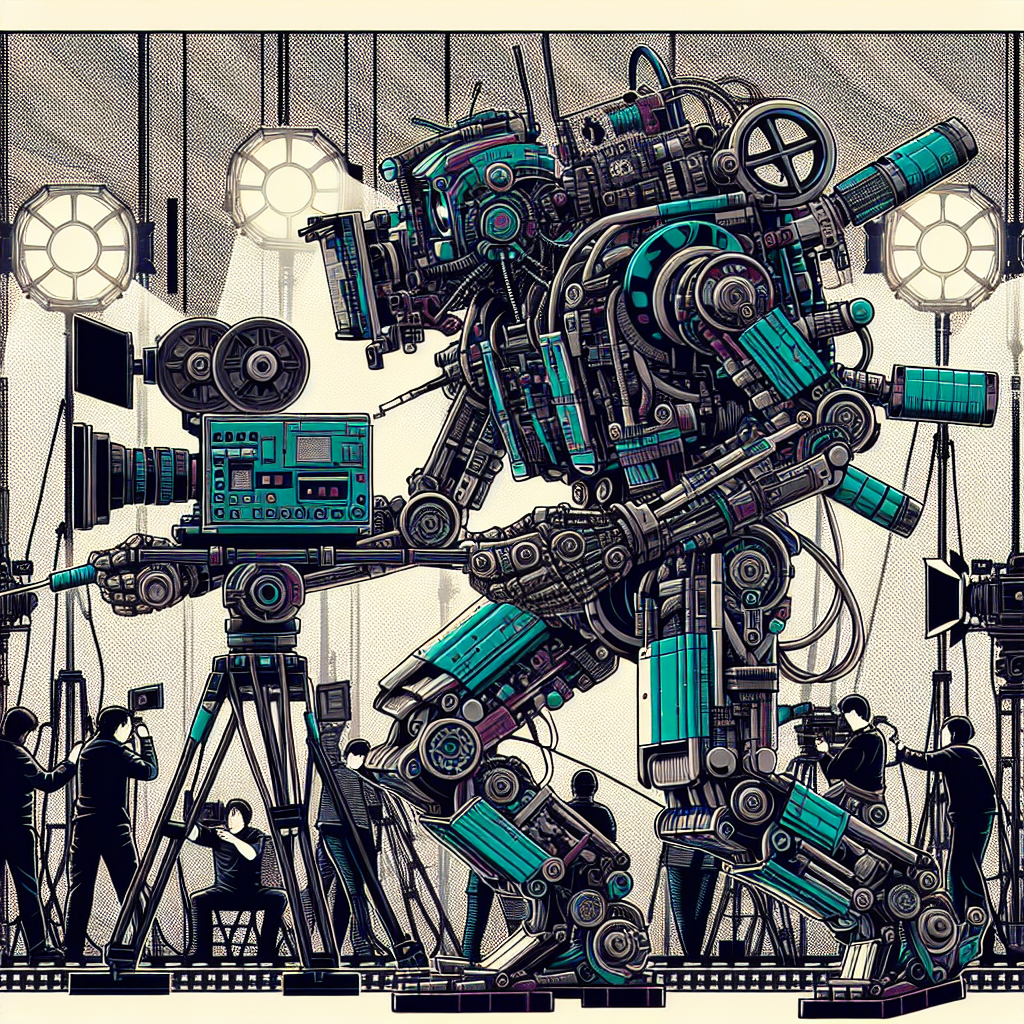
The use of generative AI in video creation raises important ethical questions, particularly concerning the source of the training data. Much of the video content used to train these models comes from platforms like YouTube and open-source video libraries. This practice prompts a critical discussion about the legality and morality of using existing content to generate new videos.
The central ethical dilemma revolves around whether it's permissible to use videos created by others to train AI models. This issue is akin to debates in other creative fields, where questions of ownership and compensation are paramount. My stance is clear: if content is publicly available online, it can be used. However, platforms that charge AI companies for user-generated content, like Reddit, must ensure that users are compensated fairly. It is unjust for platforms to profit from content they did not create.
Despite AI-generated videos' impressive capabilities, there are notable limitations. One significant challenge is the current inability of these tools to edit videos in sync with music or emotional beats effectively. Automated editors often produce short clips that lack the nuanced timing required for more sophisticated video editing.
Traditional video editing involves aligning clips with the rhythm of music or the flow of a narrative, which can require clips of varying lengths. AI tools, however, typically generate uniform segments that fail to capture this dynamic. This limitation highlights the need for advancements in AI video editing, particularly in terms of understanding and matching beats in music or changes in emotion within the content.
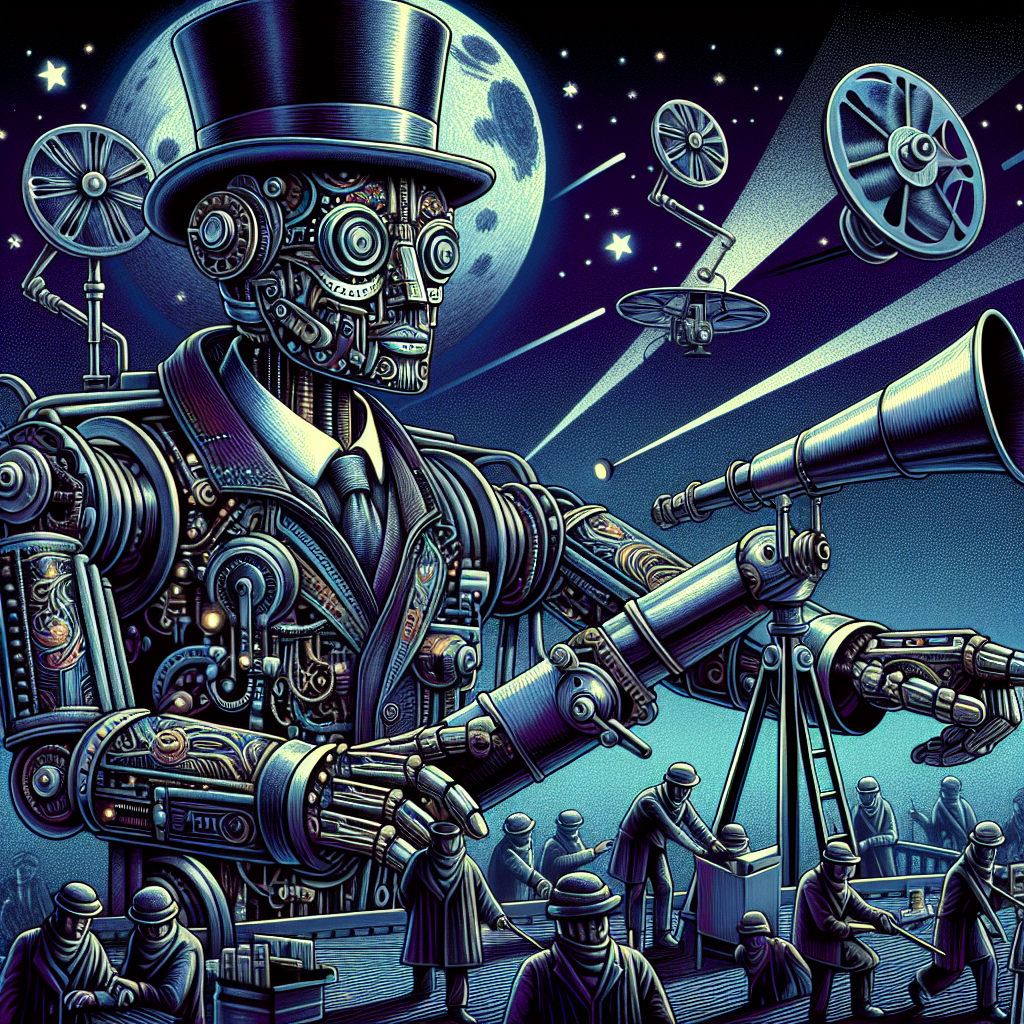
The future holds immense potential for AI in video creation. As these technologies evolve, we can expect more sophisticated tools that enable creators to produce high-quality videos with minimal effort. Future AI systems might be able to analyze scripts, select appropriate music, and edit videos in a manner that aligns with both audio and visual elements seamlessly.
Imagine a tool where you input a script, choose a music track, and the AI does the rest. It would analyze the script, generate relevant images or video clips, and edit them to the beat of the music, creating a polished final product. This level of automation could democratize video creation, allowing anyone with a creative vision to produce professional-quality videos.
AI is rapidly transforming the landscape of video creation, offering exciting possibilities for content creators. While there are significant ethical considerations and current limitations, the future of AI-generated video is bright. With continued advancements, we will see even more innovative tools that empower creators to bring their ideas to life with unprecedented ease and precision.
By understanding the ethical implications and addressing the technological challenges, we can harness the power of AI to revolutionize video production, making high-quality content creation accessible to all.
Some other posts you may like
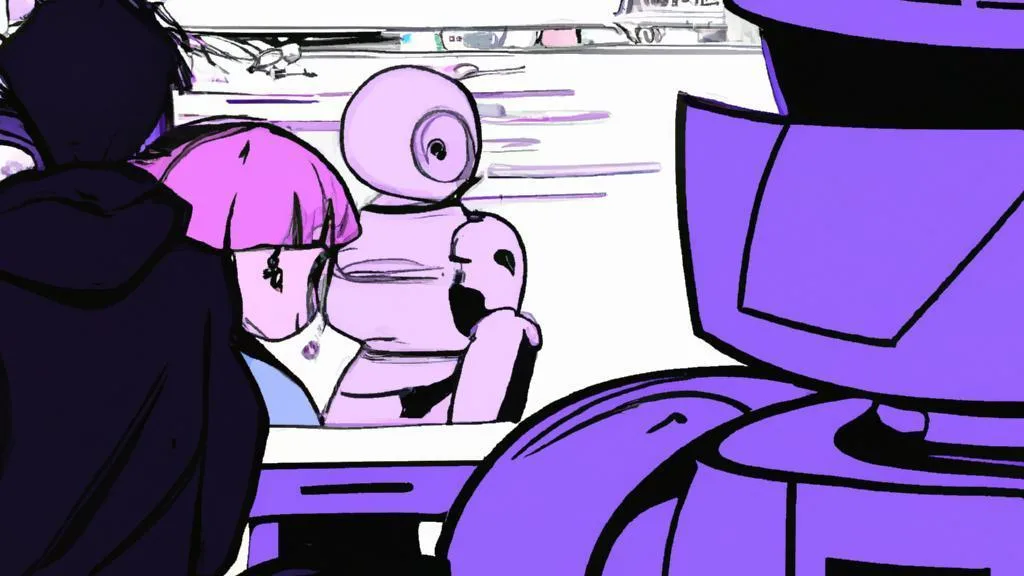
How does AI content assistance impact SEO and content marketing?
AI-powered tools are revolutionising the way marketers approach SEO and content marketing. With the …
August 02, 2024
Read More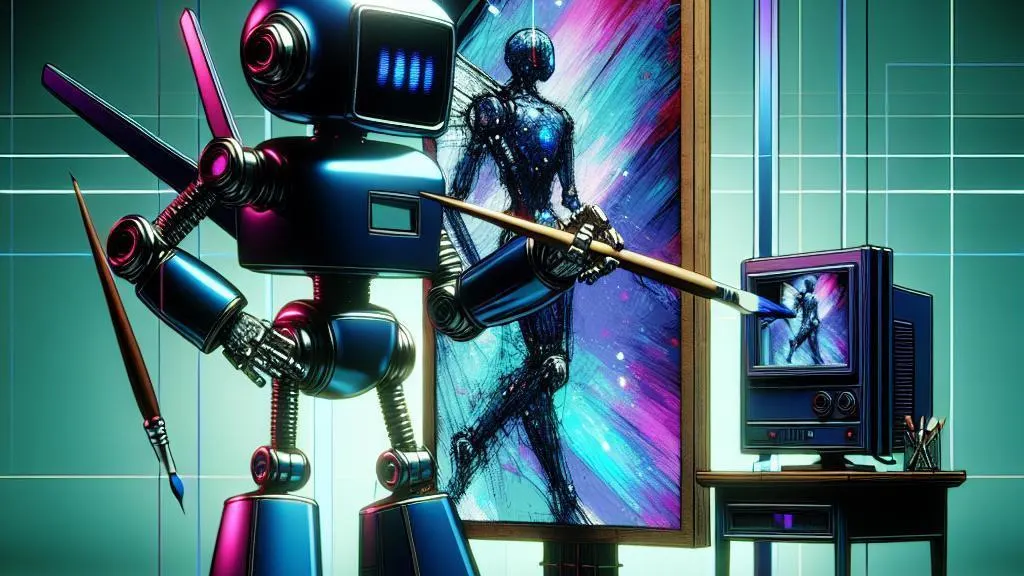
How are marketing professionals using generative AI tools, and what are the benefits?
As you embark on this exploration of the changing marketing landscape, be prepared: you are …
August 02, 2024
Read More